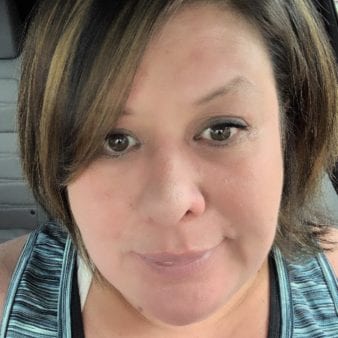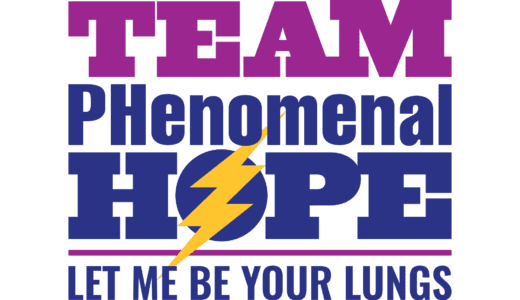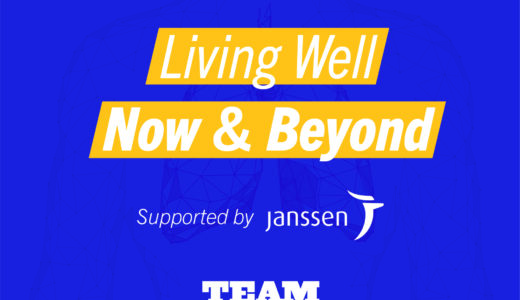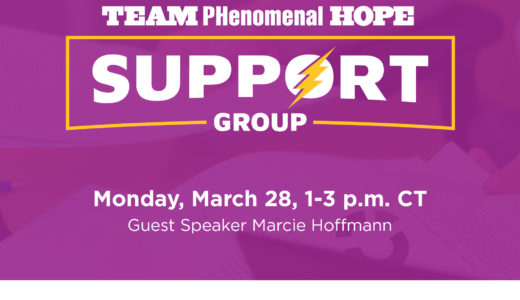Diagnosis: It’s Just Stress

It was 2008. I had just spent the weekend at Big Bear Lake in the San Bernardino Mountains with my young nephew and his friend. I had promised to take them snowboarding for his birthday. Due to my work schedule we went the last weekend in January. I knew this time going up the mountain something was different. My breathing became more labored the higher the elevation we went. I had never felt this way heading up to Big Bear before. When we arrived, I had a pressure in my chest I could not quite make out. I was getting no relief with my asthma emergency inhaler, and I was not sure what to make of it. All I knew at that time was that I couldn’t catch my breath.
We arrived to a snowy cabin where I put the kids to work immediately in making a path for us to walk. That night the heaters were cranked and I could not pass the uneasy feeling I was having. I found myself not being able to keep warm enough. I couldn’t get over these uncontrollable chills. My heart was racing with a heavy pressure and I thought I might be having a heart attack at 30. I decided after that long night that we were going to have to cut our trip short. I did not want to be stuck in the mountains with something happening to me and have these teenagers under my care. Through the disappointment we packed our bags, ate breakfast, and descended down the mountain. After a six hour drive we were finally home. I was able to catch my breath again. I started to head upstairs in our townhome to put away my travel bag when I suddenly found that I had to stop and take a breather halfway up the steps. I thought to myself, “Really? I can’t make it up the staircase anymore without getting winded? Have I gained that much weight?” I couldn’t believe it. I finally made it up the stairs and rested on my bed for a minute before I proceeded downstairs to see my family.
I had noticed in the past that I was gaining weight even though I was not overeating by any means. I knew at work it was getting harder and harder to make it to the back of the warehouse without struggling to catch my breath. I just somehow thought maybe all the prednisone from the multiple emergency visits every weekend for the past two years had finally given me the moon face. I had been having episode after episode of asthma. Every time I went in they would use the nebulizer and send me off. The latest episode was four months prior and my oxygen levels were in the 80’s, which earned me two weeks in the hospital. I found out at that time that I had an enlarged heart on my right side and this was caused due to the stress of working two jobs, so the doctor claimed. Could this be why I felt so bad this time?
I rested for the remainder of the weekend and had to be at my allergist/asthma doctor’s office for a study that following Monday. Upon arrival my nurse noticed I was breathing heavily and she grew concerned. Something told her to check my oxygen stats, and again they were at 86%. She quickly sought out the clinical doctors which all were left with baffled looks on their faces. I was then transported to the hospital by ambulance. When I arrived I thought surely they were being over-cautious. I waited patiently for the doctor to tell me I was free to go and watch my stress levels. To my surprise, my emergency doctor, Dr. Mohedan, had seen this before. He ordered tests ECHO, EKG, MRI, ABG among others. Once the results were in he calmly came into my room and informed me I had a “terminal illness” and my survival rate was two to three years. He explained my only chance in making this survival rate would be to immediately see a specialist, Dr. Richard Channick at UCSD, and start Viagra right away. To hear the word “terminal” was devastating! I laughed at the mention of Viagra. He started explaining what PH was and I, like many, thought a pill can fix high blood pressure until I learned the difference when he was done explaining. I will forever be grateful that this doctor had come across this scenario before and knew exactly where to go next.
After realizing the signs were there two years prior and my primary care physician dismissed them, I grew angry. I knew this disease was going to be the start of a fight. That fight is the fight to be informed and to educate others about PH! Since my diagnosis, many more patients have been diagnosed by my asthma specialist/allergist who has sent them all to the same hospital I went to. A new standard of care was created; now all asthma patients have their oxygen stats checked at every visit in that office.
I was officially diagnosed with idiopathic pulmonary arterial hypertension after confirmation of the right heart catheterization three months later. I also do have severe asthma. Since getting diagnosed, my asthma symptoms are better controlled and I can tell the difference when it’s my PAH, asthma, or both acting up. My diagnosis has taught me that an informed patient is absolutely vital to your well-being! This goes for anyone with a medical condition.
I started as a support group leader two years after my diagnosis, after attending my first conference. I have continued to lead a group, first in San Diego and now in Georgia, throughout this journey. After battling depression, anxiety, anger, and fear of the unknown my first three years and realizing that the survival rate is not a scientific time frame, but old information, I was able to look toward a future. With proper medications, I am now considered a long-term survivor. I have progressed since my diagnosis, but not so much that I find myself stuck back in depression and anxiety. It does help that I take medication for the weak moments that come with losses in the community or in health set-backs.
My experience with my own medical issues made me a more informed caregiver. I was able to make sure both my parents received the proper medical care that they deserved while I was blessed to have them. As I continue my medical care with a PH specialist I remind others that it is important to be an active role in your care. I also remind them to become advocates for the cause! I have received 13 proclamations throughout the counties that make up my support group in the Savannah area, and one from the state of Georgia! I remind patients that the mindset you have when battling this disease is what makes all the difference.
-Linda Santos Morgan
Linda is a recipient of the Unmet Needs Fund. Learn more about how this fund supports PH patients at teamph.org/unmetneeds.



